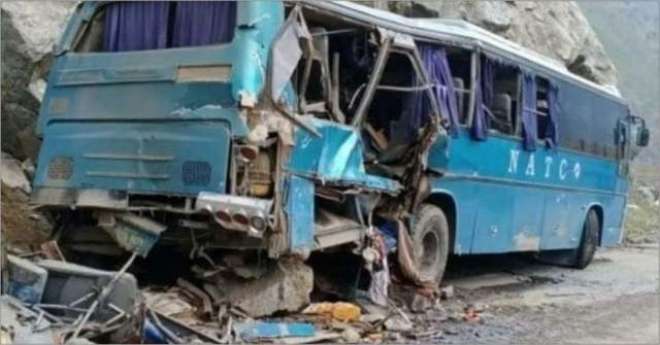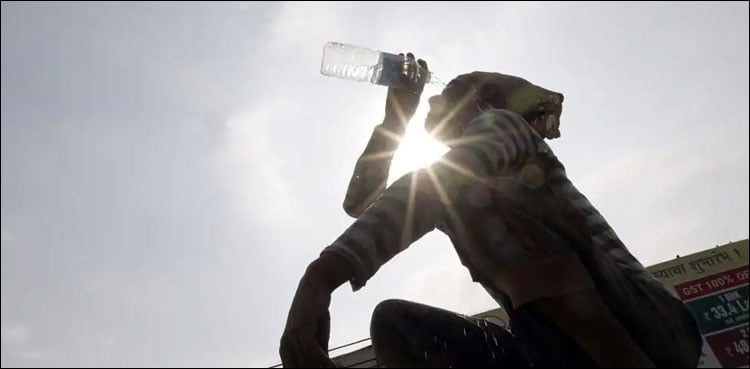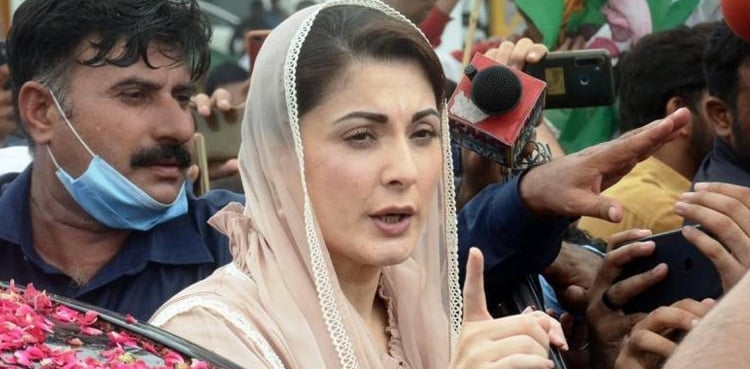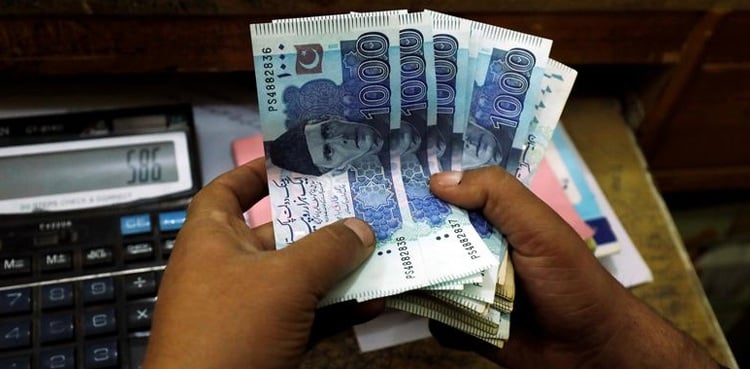Civil Society Working Group welcomes EU award GSP+
- January 25, 2016, 9:58 pm
- Breaking News
- 109 Views
QUETTA Jan 25 (PPI): The Civil Society Working Group (CSWG) Balochistan welcomes EU’s awarded GSP+ Status to Pakistan for sustainable development and good governance. In this connection, governments’ efforts for the improvement of country’s economy and human rights reforms are appreciated.
The civil society believes that compliance to 27 international conventions, associated to GSP+ conditionalities, has a potential to transform entire lifecycle of citizens of Pakistan; it involves socioeconomic empowerment of women, accession of children’s rights, labour rights, civil liberties, fundamental freedoms, mainstreaming of minorities and ensured political participation. We offer full cooperation to the government for human rights reforms, thus, to maintain GSP+ status.
As EU’s periodic review on GSP+ is underway in January 2016, this is to share that CSWG Balochistan has submitted its preliminary report to the EU highlighting key human rights issues generally prevalent in Pakistan and particularly in Balochistan. The report has been well received and recognized by the EU Mission in Islamabad.
Civil society in realization to its responsibilities, would like to highlight a set of concerns regarding the status of rights and compliance to GSP+ treaties in Balochistan.
• In response to the compliance of GSP+ obligations, unlike the other provinces, Balochistan is far behind in establishing none of the state bodies pertained to human rights, child rights and women has so far been established. Civil society is of the view that protection of human rights is impossible in absence of relevant state bodies.
• There is a continued wave of multi-dimensional human rights violations in Balochistan, particularly the violations of civil and political rights, economic rights and civic entitlements associated to the right to life of citizens. Peoples’ multi layered and multi-dimensional deprivation has led to provocation of violence in province.
• Over 1.7 million children in Balochistan are out of school compared to 1.3 million children enrolled in state-run schools reveals that percentage of the out of school children is higher. Out of the total 13,000 government schools, 7,000 are single room schools with just a single teacher.
• In 2015, 75 cases of honour killing were reported in the province. In addition to it, 187 cases of violence against women were reported in Balochistan in 2014. According to the Report of Aurat Foundation cases of violation against women witnessed an increase of 24% in 2014 compared with previous year. Increasing rate of preventable maternal mortality is a symptom of larger social injustice and discrimination against women. The magnitude and scale of violence against women and honour killing is far higher, however, largely remained unreported. Social and cultural impediments together with lack of institutional arrangements continue to hamper women to be realized as equal citizens generally in Pakistan and in Balochistan, particularly.
• Fundamental freedoms and civil and political rights of the people of Balochistan are constrained in Balochistan. Governments’ prevalent counter-violence strategy primarily undermines rights and freedoms of citizens.
• Exploitation of the working class in Balochistan is persistent because of the lack of implementation on existing labour laws. Perhaps existing labour laws are obsolete and needed to be reviewed in accordance with the International Labour Standards. Lack of implementation on laws is due to the governance malpractices that benefit the privileged class. In Balochistan, there are very few opportunities of formal employment. Informal sector workers which are in majority (including agriculture workers, home based workers and even mines workers) are not covered under the law, thus are unprotected and have no access to entitlements.
It is a matter of fact that above mentioned figures are indicative of worsened human rights situation in the province which is due to weak legislation and inadequate institutional arrangements.
Recommendations: The government of Balochistan is required to immediately establish human rights bodies, bring legislative reforms, compliant to international human rights standards, to ensure protection of the rights of women, children, minorities and workers safeguarding of fundamental freedoms and liberties of common citizens.
Realization of human rights is central to the GSP+ status for Pakistan, which in turn, is linked to trade and economic prosperity of the country. The Government of Pakistan must speed up the implementation of rights, through legislation, institution-building and democratic engagement. Pakistan will only reap the fruits of democracy if the fundamental human rights, in addition to good governance, are accessible for citizens in their daily lives.
The Government of Pakistan is required to take steps for the withdrawal of reservations posed on international conventions including the ICCPR, ICESCR and CEDAW and bring policies and laws in conformity with international human rights framework. In addition to this, efficient administrative arrangements are required to ensure implementation on the laws. The federal government needs to take the lead in pursuing this objective, so that the provinces can follow suit.
Previous practices reveal that Pakistan had flexibly ratified numerous UN Treaties and ILO Conventions only for the sake of image building at the international level. The state exhibited a lax attitude both at compliance and reporting and got away with it because of the absence of binding restrictions on non-compliant countries.
EU, on the other hand, has adopted a binding mechanism to ensure compliance on UN treaties by linking trade with human rights. Hence, non-compliance to the 27 UN Treaties, associated to the GSP+ may result in the weakening of trade ties with the EU, one of the leading trade partners and the destination of 33% of Pakistan’s exports.
Prevalent trends suggest Pakistan to strategize for steady human rights reforms. The country’s crippling economy, in case of the suspension of GSP+, may otherwise witness reversal in exports, outflow of investment and a rapid rise in unemployment.










